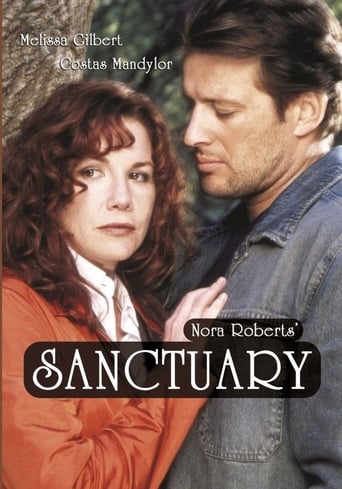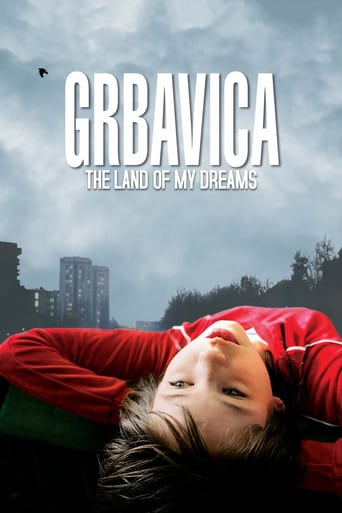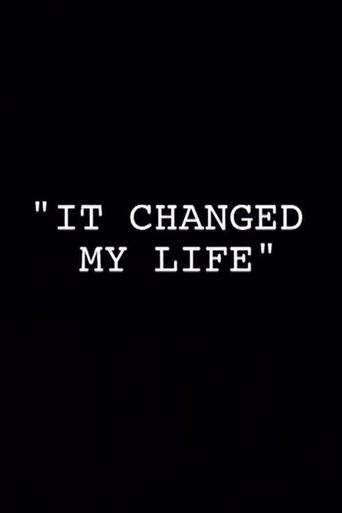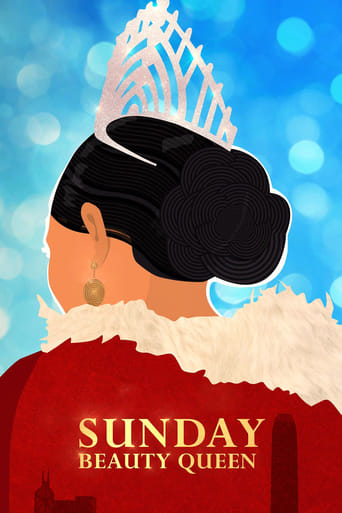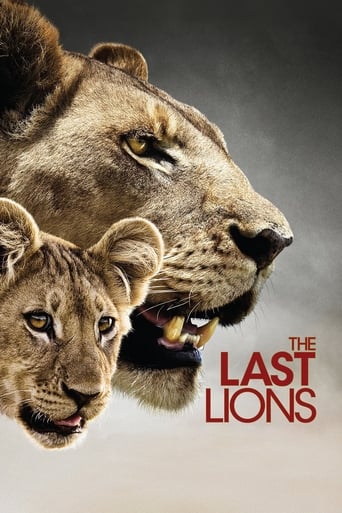
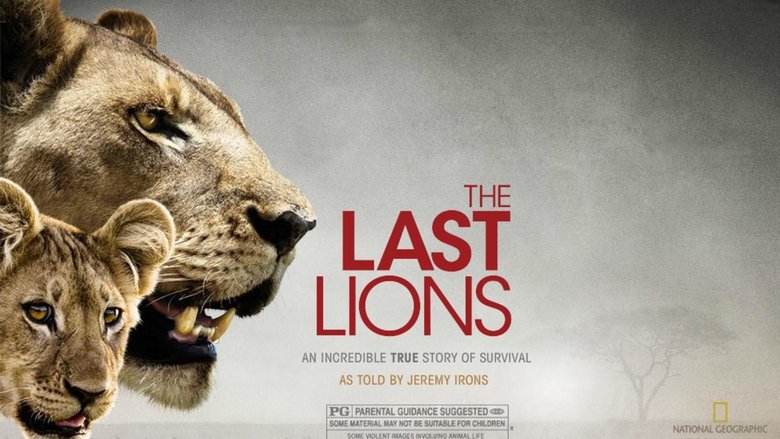
The Last Lions (2011)
In Botswana's Okavango Delta, an ostracized lioness and her two cubs must fight alone to survive - overcoming all manner of hazards. Their only defense is to escape to Duba Island -- and with that, an unknown future. The setting for this epic tale is one of the last regions where lions can live in the wild. Faced with dwindling land and increasing pressure from hunting, lions - like our lone lioness and her cubs - are approaching the brink of extinction.
Watch Trailer
Cast


Similar titles
Reviews
The Last Lions, a Journey of why we should be concerned. Set in the Okavanda delta, in Africa, The Last Lions (released: 2011) documentary starts off by warning us, the audience, of how much the lions' population has declined in the past fifty years. It then takes us on a journey to discover how a lone lioness has to take care of her three cubs in the face of the harsh modern African wild-life. The documentary shows us the lioness's point of view on things and how she devices plans to get her cubs to a place safe enough, long enough so they can grow and be able to defend for themselves. The lioness's journey starts with her being named Ma Di Tau, which means protector of her young. The Documentary shows us the many obstacles that Ma Di Tau has to overcome, starting from the moment where her mate is killed, she's left all alone to defend herself from the new pack of lions that had to move because of human advancement. The documentary then shows us that although Ma Di Tau had lost her mate, she still had a sliver of hope that she wasn't all alone, she still had her three cubs to take care of. Ma Di Tau takes her cubs and starts moving away from the pack – that's trying to hunt her down to kill her. In addition, a new obstacle appears: a fire ignites; which leaves the lioness to choose between walking along the fire line, or heading off in the direction of humans, and guns. In this moment the documentary shows us an effect of human advancement: limiting the land to which she can run away. But Ma Di Tau doesn't give up; she keeps looking for new land; the lioness then finds an island – named Duba – safe enough, until the new obstacles arrive. All the while, the documentary shows us the very complex thoughts that the lioness goes through in her survival oriented mind; the narrator speaks for the lioness and how she goes through her options, and executes them precisely. Even though the documentary gives the point of view of the lioness, it also explains the logic behind her actions and what consequences these options might produce. This documentary has a specific audience, because it is not the general wild-life documentary that you might watch on a Sunday afternoon. The documentary specifically shows how this one lioness survives in the wilderness, so it'll interest people who are trying to understand how the lion mind works. On the other hand, if you are not patient enough this isn't the documentary for you because there's a lot of moments in the documentary where all you do is wait for the lioness to attack, or the lioness bonding with her cubs. It also shows a very cruel part of the wild-life, a part where the weak is left behind, so this might not be a good documentary for kids. All in all, this documentary is very informative and expressive. It shows Ma Di Tau in a very logical sense, instead of the mindless predator that a lion is represented as; it also shows a very emotional part where she's represented as a protective mother trying to save her cubs, or a grieving mother trying to get revenge for her cubs. The documentary clearly represents all these emotions and logic by showing it on camera: you can see the logical predator when she has all that blood and battle scars on her, or the protective mother look that the camera captures, and lastly the pride in which you can see in her walk when she succeeds in being a protector of her young.
The Last Lions is an excellent documentary that illustrates the drive to survive in nature. Without giving it away, the film clearly illustrates that Mother Nature is a system of checks and balances and outcomes aren't what they always appear to be.....As a high school science teacher, this film helps my students understand how nature works and the impact the human species is having on the natural world. The Jouberts have always made excellent films that help students understand that nature is always changing and we can help keep it from disappearing. I hope that they continue to make these documentaries and help shed light on the natural world.
As an avid watcher of National Geographic and big-cat films I was able to spot the deception this supposed "documentary" tries to pull off. My great excitement immediately plummeted when i recognized footage from other videos being inserted into this one to complete the storyline- in other words create a story where there was none.It happened numerous times, each time i was surprised how low a film by what you would think is an honorable company- national geographic- would sink to.The lack of honesty in what was supposed to be a documentary destroyed any value this film had for me. I only gave it three stars because there were cool visuals, even though the story was dreck.There are some good videos out there. Go watch Lions and Hyenas: Eternal Enemies. That will really knock your face off and you won't grow a long nose like Pinnochio for watching it.
I saw wild lions in Kenya and Tanzania in 1983, and I am very sympathetic to their plight. I hadn't known their population had decreased to 20,000, and I completely concur with the filmmakers about the issue of dwindling habitat for so many species. However, I was irritated by the anthropomorphizing all the way through this movie, as well as by the music. I wish this had been a more straight-forward documentary. In fact, I don't think the film was all that educational. For example, I had thought that adult male lions were mainly solitary except when mating, but the movie showed a group of adult males. I would have liked to have learned more about how lions really live (including an explanation of that group of males) rather than a story that was probably made up to some extent. The lions and the scenery are beautiful, but it's obvious that to tell a story, the filmmakers must have used scenes taken at other times - probably of other animals. There's no way they could have had multiple camera angles of key scenes. I also would have been interested in seeing more of how the movie was made - the final shots of the filmmakers were tantalizing but too few. I do encourage viewers to find and donate to appropriate charities that help save wildlife habitats around the world.



